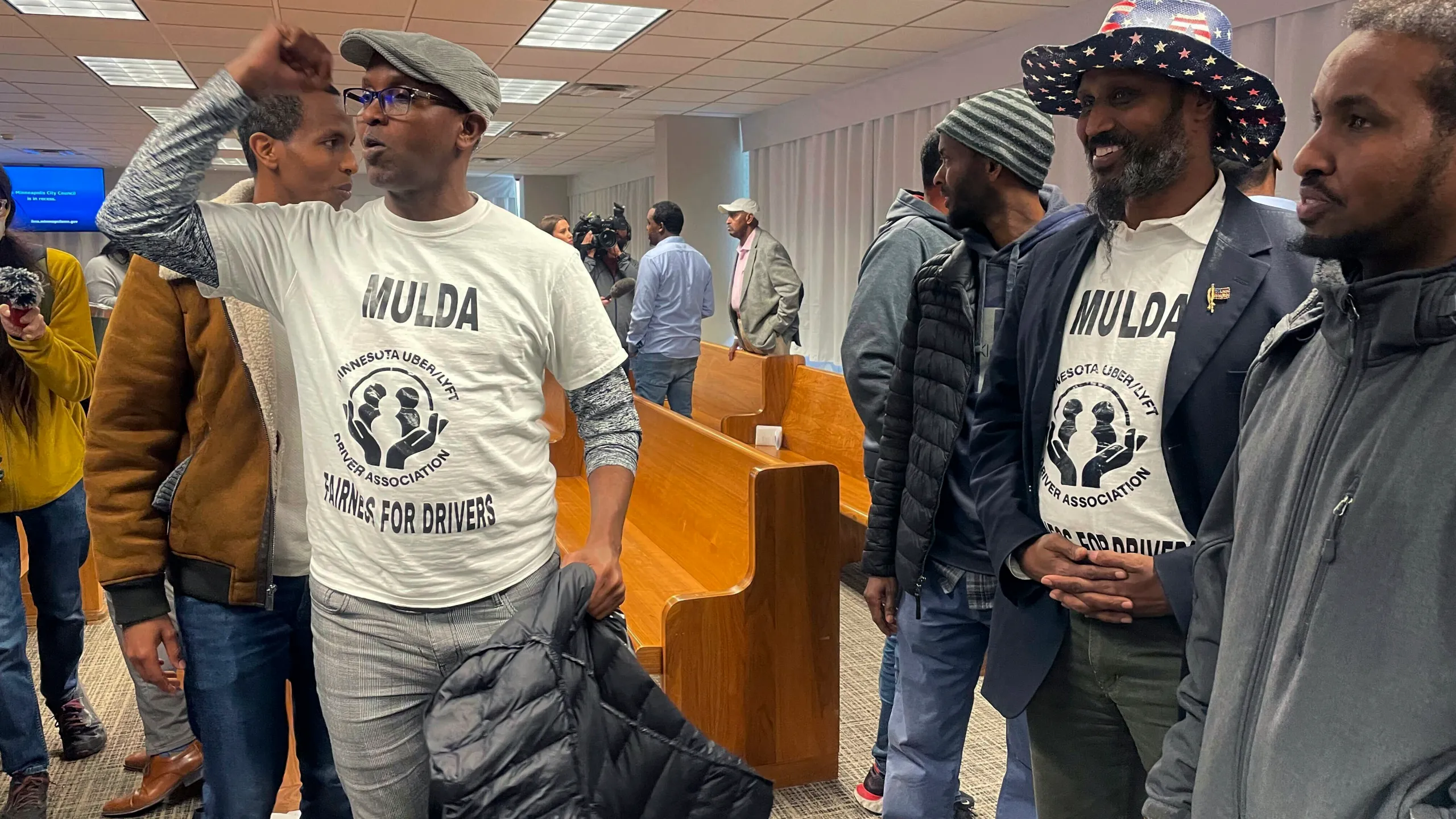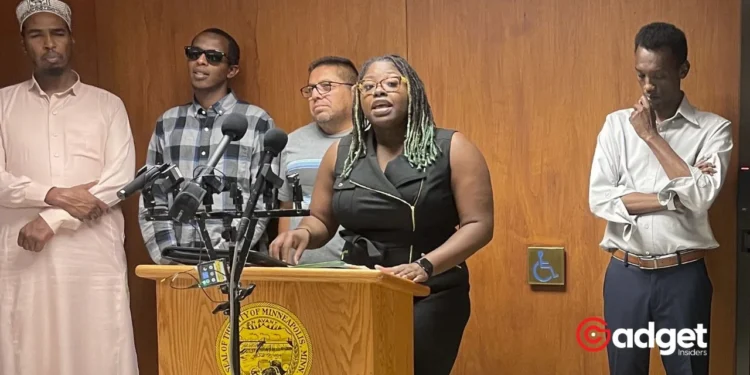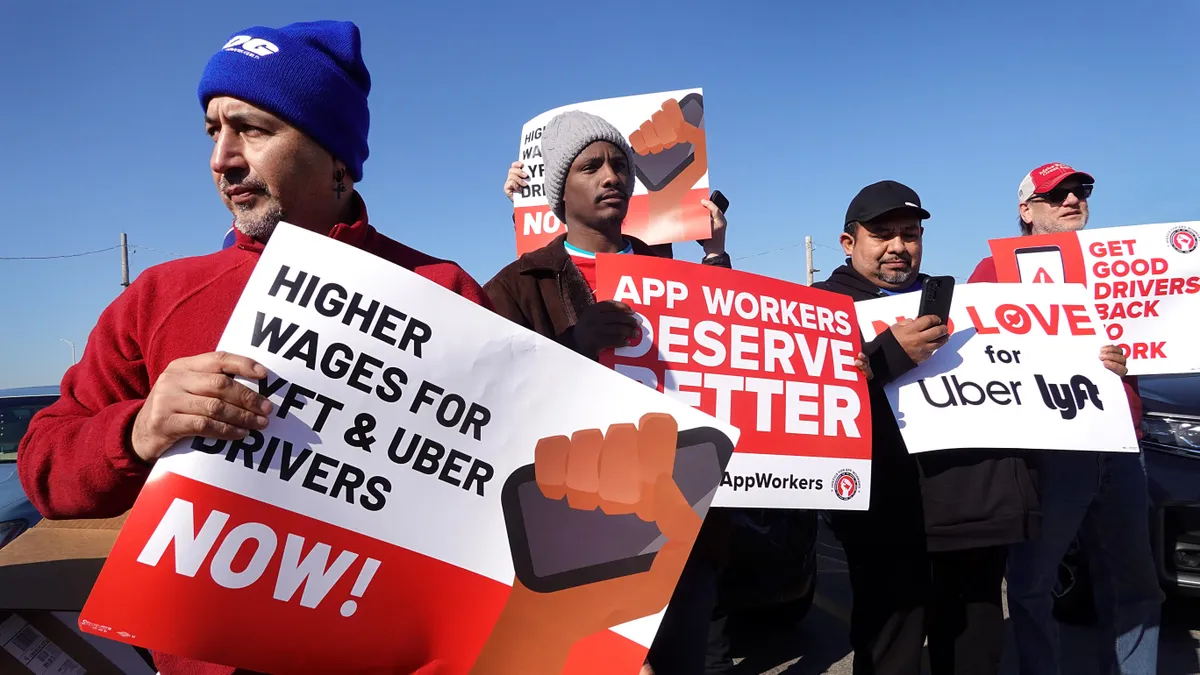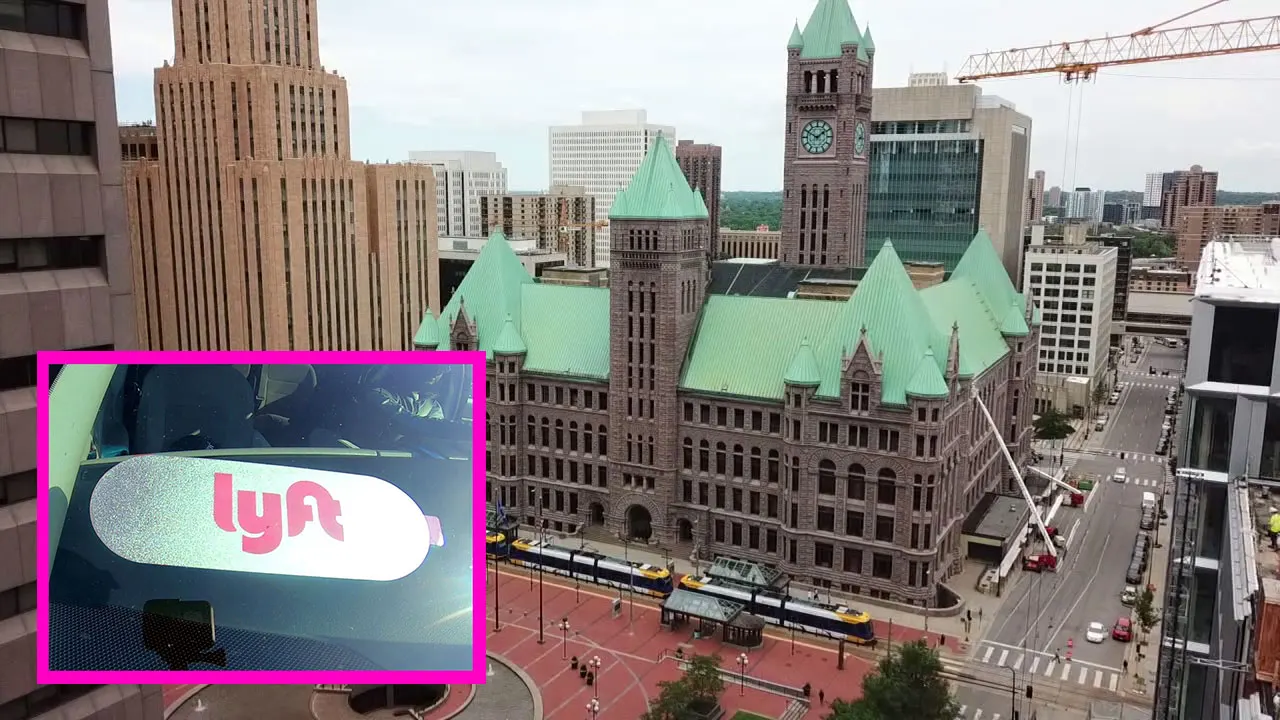Minneapolis is standing at a critical crossroads as major ride-hailing services Uber and Lyft have announced their potential exit from the city, following a contentious wage hike ordinance passed by the Minneapolis City Council.
This move has sparked a heated debate across various sectors of the community, raising questions about the future of transportation, worker rights, and economic equity in the Twin Cities metro area.

Uber and Lyft: The Heart of the Controversy
The ordinance in question mandates a significant increase in driver compensation, setting a minimum rate of $1.40 per mile and $0.51 per minute, or $5 per ride, whichever is greater, excluding tips. This is designed to ensure drivers earn a wage equivalent to the city’s minimum wage of $15.57 per hour.
Council Member Jamal Osman emphasized the human element at the core of this legislation, stating, “Drivers are human beings with families, and they deserve dignified minimum wages like all other workers… the Minneapolis City Council will not allow the East African community, or any community, to be exploited for cheap labor.”
This statement underscores the council’s intent to protect a workforce that significantly consists of East African immigrants.
Uber and Lyft, on their part, have pushed back hard against the ordinance, threatening to cease operations in Minneapolis by May 1 when the new rates are set to take effect. Their departure could leave a substantial void in the city’s transportation network, affecting more than 3 million residents in the metro area.
Uber spokesperson Josh Gold and Lyft spokesperson CJ Macklin have both expressed their companies’ stance, citing sustainability concerns with the higher rates mandated by the ordinance.
Uber and Lyft said they’d leave Minneapolis when a wage hike for ride-hailing drivers goes into effect in May. Here’s what happens next. https://t.co/Ch4Thjgpie
— FORTUNE (@FortuneMagazine) April 8, 2024
The Possible Outcomes and State Intervention
The impending departure of Uber and Lyft has caused Governor Tim Walz of Minnesota to express his alarm. Walz emphasized the repercussions that such a move would have on the entire Minnesota state.
The governor’s demand for a compromise highlights the broader ramifications of this impasse, highlighting the important significance of ride-hailing services for a wide range of Minnesotans, including those who are looking for opportunities to travel securely and people who have impairments.
The state legislature has the power to override the city’s ordinance, but as Governor Walz suggested, a negotiated compromise might offer the most expedient solution.
Minneapolis City Council members are faced with a tough decision: amend the ordinance, retract it entirely, or stand firm in their initial decision.
Community Voices: A Divide
The response from residents of the Twin Cities metropolitan area reveals a community that is deeply divided.
Those who are in favor of the rule, such as Marianna Brown, who is an Uber driver and an immigrant from Jamaica, feel that the wage increase is an essential step towards adequately compensating drivers who are currently receiving inadequate pay.
On the other hand, opponents, including drivers like Jake Clark who claim to earn well above the minimum wage, fear the potential consequences of Uber and Lyft’s withdrawal.
Michael Sack, a Minneapolis resident with cerebral palsy, embodies the concerns of those reliant on ride-hailing services for accessibility reasons. Sack’s call for a balanced approach to increase driver pay without sacrificing affordability highlights the delicate balance at play in this debate.
Looking Ahead
As Minneapolis grapples with the future of ride-hailing within its borders, the outcome of this controversy will undoubtedly have lasting implications for workers, residents, and the broader gig economy landscape.
The city’s attempt to reconcile the need for fair wages with the maintenance of essential services reflects a broader challenge facing municipalities nationwide as they navigate the evolving dynamics of labor rights and digital platforms.











